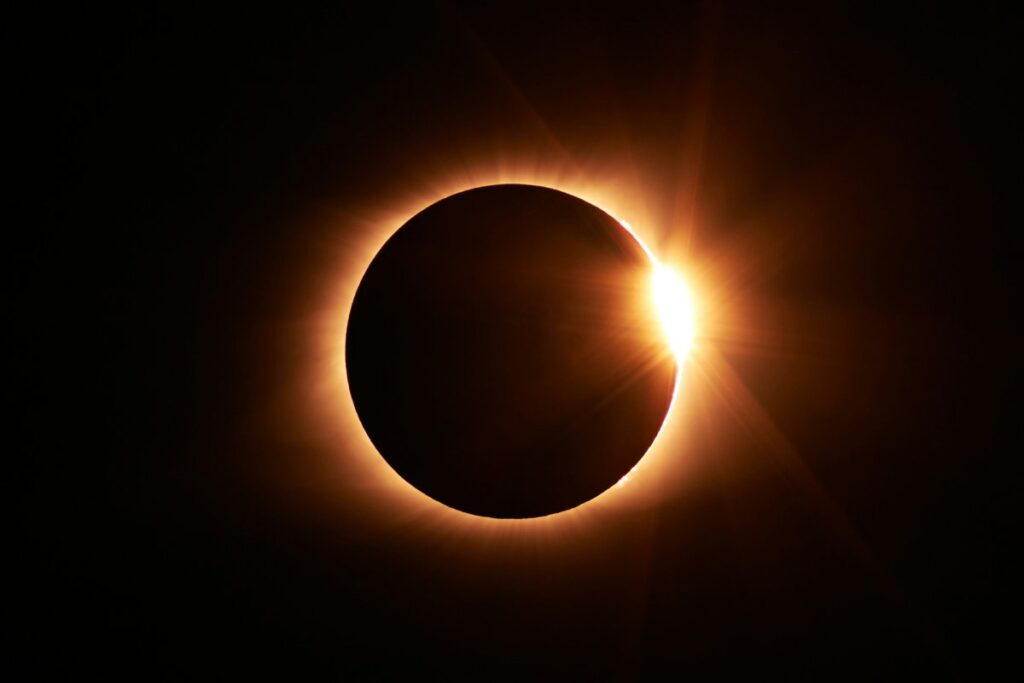
Skift Take
The eclipse brought historic tourism revenue to hotels. But not all local businesses felt the same impact.
Hotels in cities in the path of the total solar eclipse on April 8 saw record revenue increases, according to a new analysis published by CoStar’s STR.
The night before the eclipse, U.S. hotel markets in the path of totality saw a 288% year-over-year increase in revenue per available room, a key industry metric.
That was much better than America’s overall hotel performance for the week, which was up 42%.
Some destinations received especially heavy visitation. “At least five of the major hotels downtown were all sold out,” said Bill Solleder, director of marketing for Arkansas’ Visit Hot Springs.
The solar eclipse also boosted hotel revenue in Canada and Mexico. Canada’s hotels in the path of totality got a 224% boost, while the entire country saw a 28% rise.
Mexico’s four hotel markets caught in the eclipse’s path enjoyed a 438% increase.
Totality, Partiality, and Economic Disparity
While tourists filled up hotels, they didn’t spread their dollars everywhere equally, Skift found.
“Some of our locations, especially our outdoor concessions, got crushed while others were the exact same as you would expect for a Monday,” said Jason Dady, who owns several restaurants in the San Antonio area.
Businesses located outside tourist areas like downtowns didn’t see the same boost in foot traffic. Repeated warnings that visitors would cause congested roads led some locals to stay home during the eclipse days, said Solleder.
“When you moved out of the downtown area, especially restaurants, didn’t do as well as normal because they weren’t getting that local income,” he said. “People weren’t going out to dinner because everybody stayed home.”
Over 30 million live in the path of totality, according to the Great American Eclipse, an eclipse tracking group.
“Overall, it was busier but not the craziness as projected,” said San Antonio’s Dady.
